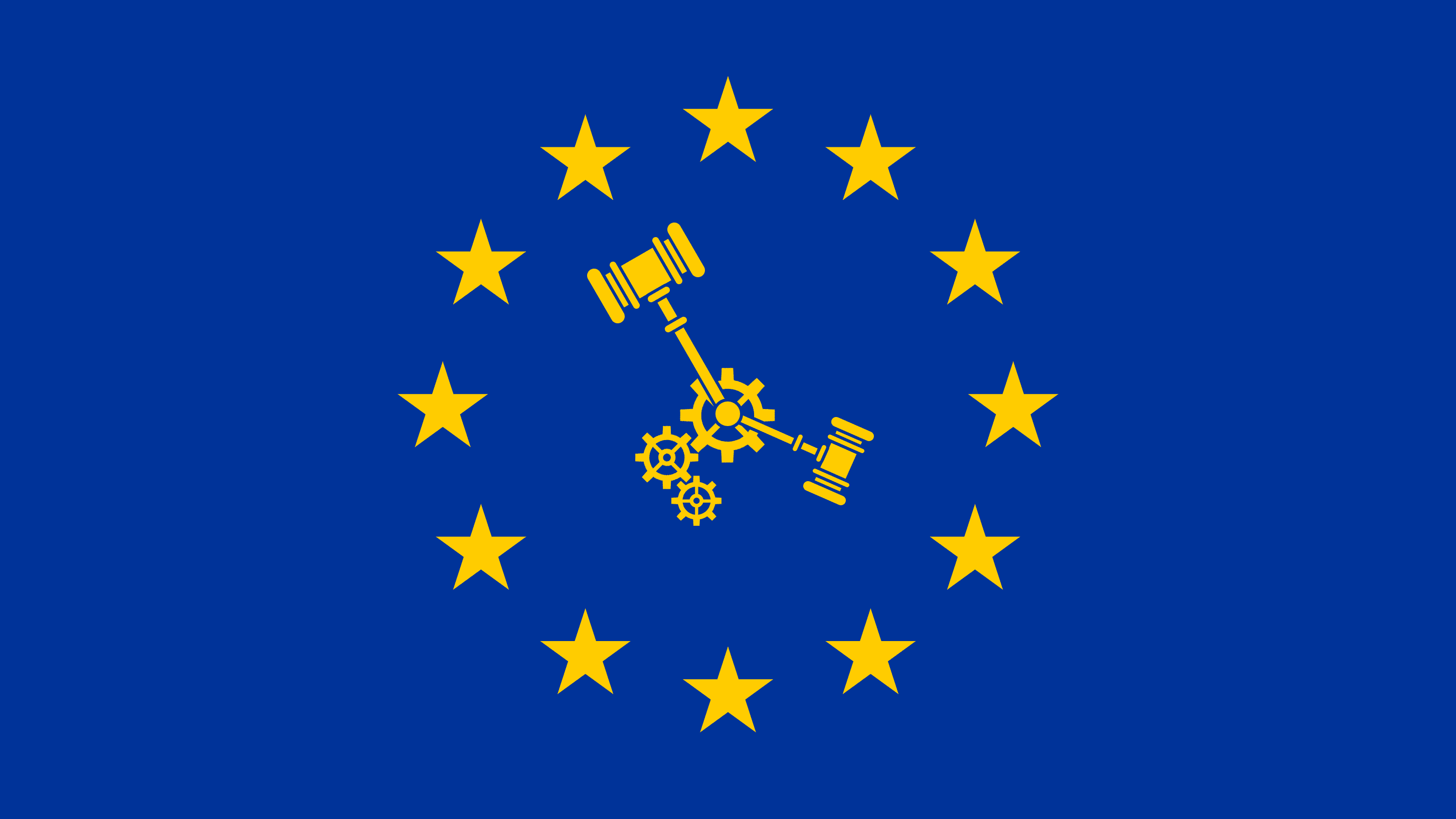
The government is yet to comply with conditions to access EU funds
As of the end of the first quarter of 2023, the Hungarian government is yet to comply with most of the conditions established by European Union institutions to access EU funds. According to Hungarian civil society organisations, the Government had not yet taken adequate steps in order to fully address the rule of law and human rights concerns raised by the EU, and so numerous issues related to the anti-corruption framework, judicial independence, law-making, the rights of refugees and asylum-seekers, academic freedom and the rights of LGBTQI+ persons remain unresolved. Swift measures are necessary in all of these areas to ensure that the country and its citizens are granted access to EU funds.
Translation is available for this content
Váltás magyarraThe full assessment of the Hungarian civil society organisations is available here.
A summary table of the assessment is available here.
In December 2022, representatives of Member States in the Council of the European Union and the European Commission suspended and tied to conditions Hungary’s access to EU funds under various procedures due to severe breaches of the rule of law and human rights.
- In the course of the conditionality mechanism, aimed at protecting the EU budget, Hungary has committed to adopt 17 anti-corruption measures. However, in December, the Council found that the remedial measures adopted up to that point had significant weaknesses, and therefore decided to suspend 55% of the budgetary commitments under three operational programmes with regard to Hungary, amounting to approximately €6.3 billion.
- When approving the country’s Recovery and Resilience Plan (RRP), the Council defined numerous milestones with a rule of law connection, including 27 “super milestones” that Hungary has to fully and correctly fulfil before it can receive any payment under the EU’s Recovery and Resilience Facility – €5.8 billion in total. A significant part of the milestones coincide with the measures required under the conditionality mechanism, while four super milestones are aimed at restoring the independence of the judiciary.
- Finally, the Commission found in relation to 10 operational programmes that Hungary fails to comply with the so-called horizontal enabling condition “effective application and implementation of the Charter of Fundamental Rights” (1) due to deficiencies around judicial independence (as also raised under the RRP), and so Hungary cannot access the respective EU funds until these are addressed. Under certain operational programmes, it is also set out as an obstacle to accessing funds that (2) the operation of public interest asset management foundations, many of them maintaining universities, (3) various elements of the Hungarian asylum system and (4) the Hungarian anti-LGBTQI+ law adopted in 2021 also violate the Charter.
Amnesty International Hungary, the Eötvös Károly Institute, the Hungarian Civil Liberties Union, the Hungarian Helsinki Committee, K-Monitor and Transparency International Hungary assessed in detail the steps the Hungarian government has taken to address the deficiencies above.
The conclusion of our assessment is that, up until 31 March 2023, the Hungarian government had not taken adequate steps in order to fully address the rule of law and human rights concerns raised, and so it had not complied with most of the conditions established by EU institutions to access EU funds.
- Out of the 27 super milestones, 13 have been achieved, 7 have been achieved only partly, and 7 have not been achieved.
- Out of the 20 “ordinary” milestones and targets that were due by the end of the first quarter of 2023 the latest, 8 have been achieved, 9 have been achieved only partly, and 3 have not been achieved.
- Out of the 4 areas of concern identified in relation to the operational programmes and the Charter of Fundamental Rights, none have been addressed.
Thus, to date, numerous issues related to the anti-corruption framework, competition in public procurement, judicial independence, the predictability, quality and transparency of law-making, the rights of refugees and asylum-seekers, academic freedom and the rights of LGBTQI+ persons remain unresolved, and remedial measures taken so far remain unsatisfactory.
Swift measures are necessary in all of these areas to ensure that the country and its citizens are granted access to EU funds. This is not the end of the road though, and the Hungarian government still has a chance to comply with the conditions and show that it respects the values the EU is founded upon. The Hungarian civil society will continue to monitor its progress.
The full assessment of the Hungarian civil society organisations is available here.
A summary table of the assessment is available here.